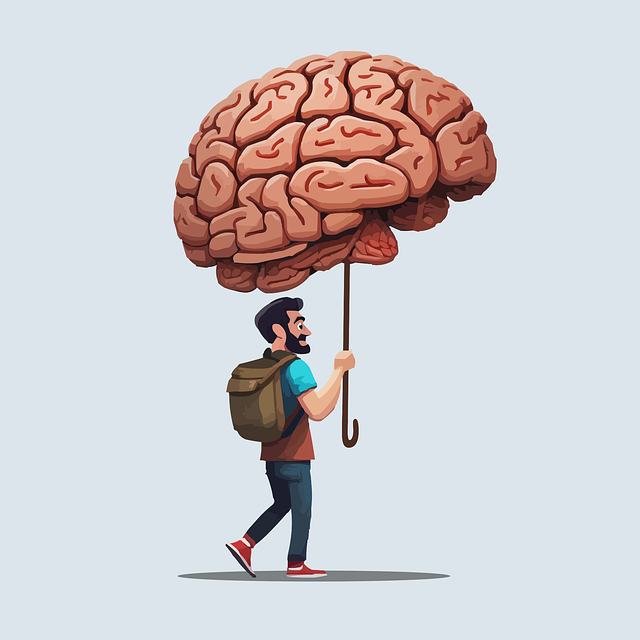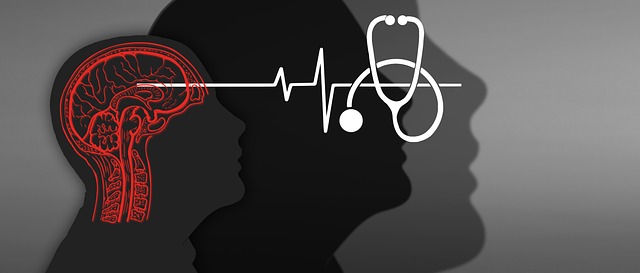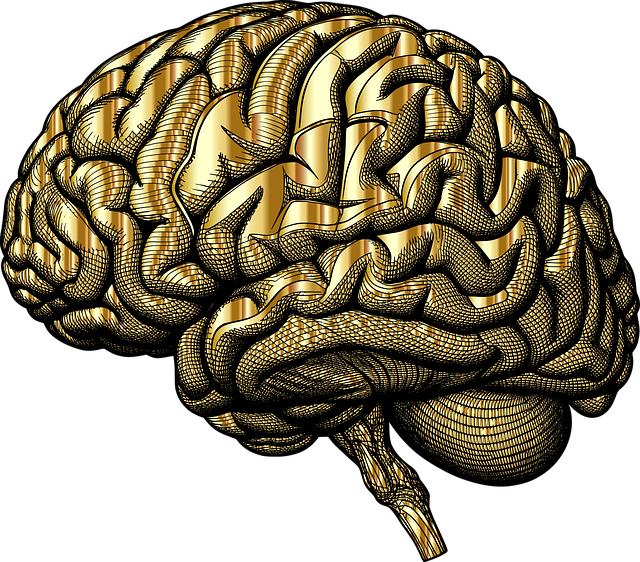Lafayette Couples Counseling Therapy emphasizes the importance of self-assessment tools for improving mental wellness, offering personalized insights into emotional states, behaviors, and thought patterns. Their comprehensive assessments cover stress levels, coping strategies, social connections, and self-care practices, integrating Resilience Building and Emotional Well-being Promotion techniques. By leveraging evidence-based practices like communication enhancement and conflict resolution, these tools facilitate deeper introspection and personal growth. Online platforms provide accessible, confidential resources with intuitive designs, catering to diverse needs. Lafayette Couples Counseling Therapy leads in tailored interventions based on individual needs, combining Mind Over Matter Principles with regular updates using empirical evidence, thus empowering individuals to actively manage their mental health.
Mental wellness self-assessment tools have gained prominence as essential resources for individuals seeking to understand their psychological state. This article explores the development of such tools, emphasizing the critical need for accessible and comprehensive evaluation methods. We delve into identifying core components, integrating evidence-based practices like Lafayette Couples Counseling Therapy, and designing user-friendly online platforms. Additionally, we discuss the importance of continuous improvement and research to enhance mental health tracking, ensuring these tools remain effective and relevant.
- Understanding the Need for Self-Assessment Tools in Mental Wellness
- Identifying Key Components of a Comprehensive Self-Assessment
- Integrating Lafayette Couples Counseling Therapy Techniques in Self-Assessments
- Designing User-Friendly and Accessible Online Platforms
- Continuous Improvement and Research for Effective Mental Health Tracking
Understanding the Need for Self-Assessment Tools in Mental Wellness

In today’s fast-paced world, mental wellness is as vital as physical health, yet many individuals struggle to access appropriate support. This is where self-assessment tools step in as a crucial resource. These tools empower people to take an active role in understanding their mental well-being and identify areas for improvement. For instance, Lafayette Couples Counseling Therapy recognizes the significance of equipping individuals with the means to assess and enhance their mental wellness independently.
Self-assessment allows for personalized insights into one’s emotional state, behaviors, and thought patterns. By utilizing these tools, individuals can gain a deeper understanding of their coping mechanisms, stress management strategies, and overall mental resilience. Moreover, it facilitates the development of essential coping skills and confidence boosting exercises tailored to individual needs, serving as a proactive approach to mental health maintenance.
Identifying Key Components of a Comprehensive Self-Assessment

In developing a comprehensive mental wellness self-assessment tool, such as those offered by Lafayette Couples Counseling Therapy, it’s crucial to identify key components that reflect an individual’s holistic psychological state. These elements should encompass not just symptoms of distress but also signs of resilience and emotional well-being. A robust assessment must include questions or prompts that delve into various aspects of mental health, including stress levels, coping mechanisms, social connections, and self-care practices. By integrating Resilience Building techniques and Emotional Well-being Promotion Techniques, the tool can offer a nuanced understanding of an individual’s psychological landscape.
Furthermore, considering the impact of daily routines and environmental factors on mental wellness, the self-assessment should incorporate sections related to work-life balance, leisure activities, and overall lifestyle choices. This holistic approach ensures that the assessment not only identifies potential areas of concern but also highlights strengths and resources, enabling individuals to take proactive steps towards Stress Management Workshops Organization within their own lives.
Integrating Lafayette Couples Counseling Therapy Techniques in Self-Assessments

Integrating Lafayette Couples Counseling Therapy techniques into self-assessment tools offers a unique and effective approach to mental wellness evaluation. This method leverages the power of evidence-based practices, focusing on communication enhancement, conflict resolution, and emotional understanding—key components of successful counseling sessions. By adopting these strategies, self-assessments can move beyond traditional questionaries to facilitate deeper introspection and personal growth.
Lafayette Couples Counseling Therapy emphasizes the importance of fostering healthy relationships and promoting emotional healing processes. Incorporating these principles into self-care practices encourages individuals to reflect on their interpersonal dynamics and apply mind over matter techniques. This holistic integration ensures that self-assessment tools not only identify mental health concerns but also provide practical strategies for cultivating resilience, fostering meaningful connections, and nurturing overall well-being.
Designing User-Friendly and Accessible Online Platforms

In the digital age, designing user-friendly and accessible online platforms for mental wellness self-assessment tools is paramount. Platforms like Lafayette Couples Counseling Therapy aim to break down barriers by offering convenient, confidential resources tailored to individual needs. These platforms must be intuitive, ensuring users can navigate them effortlessly, regardless of their technical proficiency. Incorporating simple interfaces, clear instructions, and interactive features facilitates a seamless experience, encouraging consistent use.
Moreover, accessibility is key in mental wellness technology. Tools should be designed with diverse user requirements in mind, catering to those with visual, auditory, or motor impairments. Features like adjustable font sizes, closed captions for videos, and keyboard navigation not only enhance usability but also contribute to Mental Illness Stigma Reduction Efforts by promoting Self-Care Practices and Self-Esteem Improvement among a broader audience.
Continuous Improvement and Research for Effective Mental Health Tracking

In the ever-evolving landscape of mental wellness, continuous improvement and research are paramount to developing effective tracking tools. Lafayette Couples Counseling Therapy serves as a beacon for couples seeking support, highlighting the importance of tailored interventions based on individual needs. By integrating the Mind Over Matter Principles, these assessments can empower individuals to take charge of their mental health journeys. Regular updates and refinements, guided by empirical evidence, ensure that self-assessment tools remain relevant and effective in addressing emerging challenges.
The dynamic nature of mental health necessitates ongoing research, fostering a culture of learning among healthcare providers. This includes exploring diverse therapeutic approaches and incorporating them into the development process. For instance, the Healthcare Provider Cultural Competency Training can enhance understanding of various cultural contexts, enriching assessment tools to cater to a broader spectrum of users. Additionally, leveraging the popularity of Mental Wellness Podcast Series Production offers an engaging medium for disseminating insights, educating the public, and fostering conversations around mental wellness, ultimately contributing to more accurate self-assessments.
The development of mental wellness self-assessment tools, incorporating techniques from Lafayette Couples Counseling Therapy, is a significant step towards empowering individuals to actively manage their mental health. By integrating user-friendly online platforms, we can ensure accessibility and encourage regular tracking of mental health progress. Continuous research and improvement are vital to fine-tuning these tools, making them effective resources for enhancing overall well-being. This comprehensive approach has the potential to revolutionize self-care practices, providing individuals with the means to recognize and address their mental wellness needs proactively.














